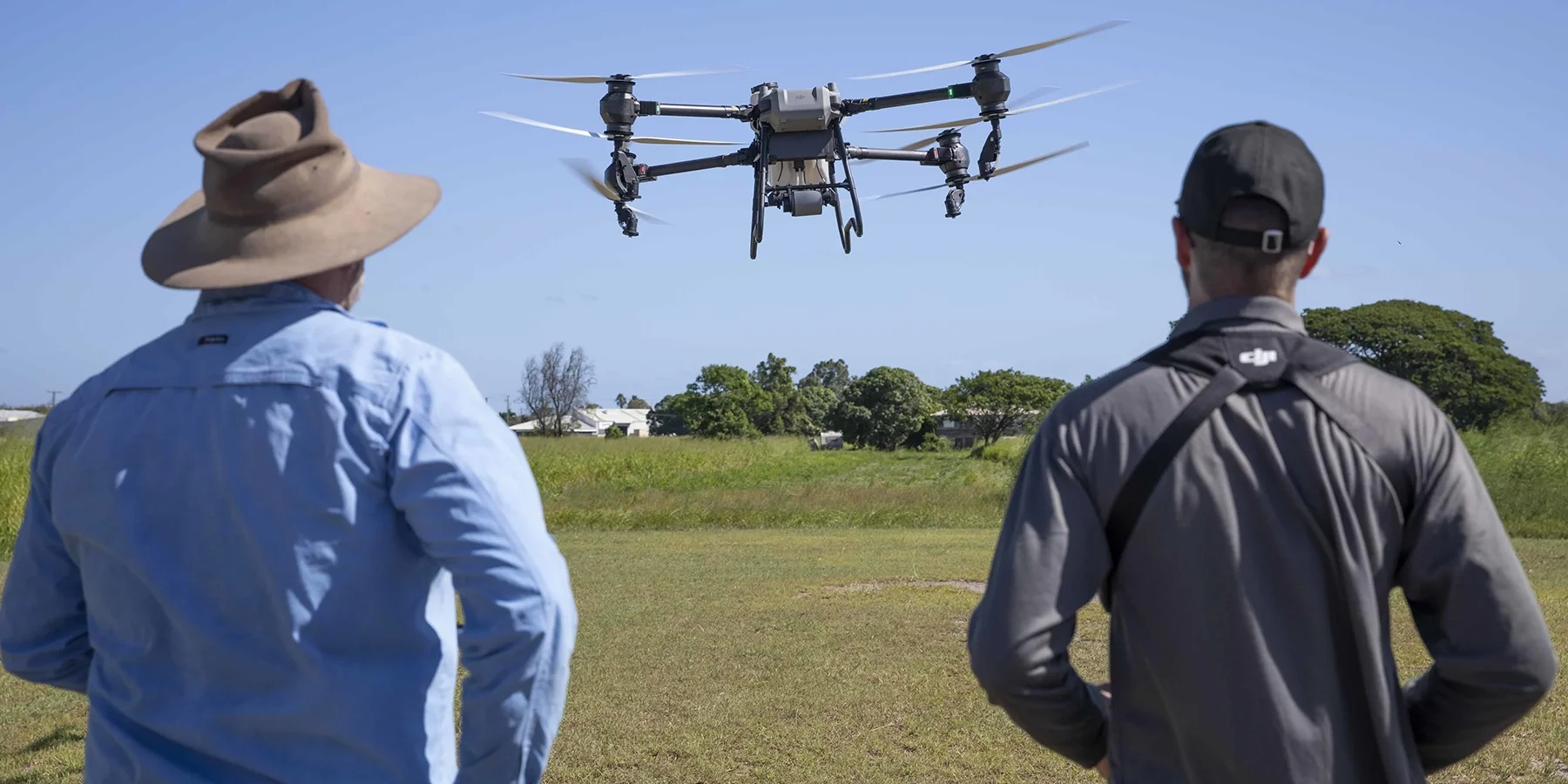With the rapid growth of drone technology across industries like agriculture, surveying and photography, becoming a certified drone pilot is a smart career move. In Australia, the Civil Aviation Safety Authority (CASA) requires formal certification for anyone looking to fly drones commercially.
If you are considering taking this path, here are five practical tips to help you get certified and build a strong foundation as a professional drone pilot.
1. Choose the Right Training Provider
Not all training programs are created equal. Look for providers who are CASA-approved and offer structured pathways that cover both theory and practical components. At NQ Aerovation, we are experienced aviators. We partner with FPV Australia, the country’s longest serving CASA-certified drone school, to deliver high-quality drone training that sets you up for success.
2. Understand CASA Requirements
To operate drones commercially in Australia, you will need at minimum a Remote Pilot Licence (RePL). If you plan to fly medium category drones such as DJI Agras spray drones, you will also need a Type Endorsement. Businesses flying drones for hire or reward must hold a Remote Operators Certificate (ReOC). Being clear about these requirements before you begin will save you time and ensure you are on the right track.
3. Get Hands-On Flight Experience
Theory is important, but confidence comes from flying. The more time you spend in the air, the better prepared you will be for your assessment and future jobs. Professional training programs provide supervised practice flights with industry-standard drones, giving you the skills to handle real-world conditions safely.
4. Stay on Top of Maintenance and Safety
A certified pilot is also a responsible operator. Regular maintenance keeps your drone safe and compliant, while also preventing costly breakdowns in the field. At NQ Aerovation, we not only train pilots but also provide expert drone repair and servicing with genuine DJI parts. Building good maintenance habits early will set you apart as a reliable professional.
5. Keep Learning and Expanding Your Skills
Drone technology evolves quickly. Even after certification, keep building your knowledge through refresher courses, industry updates and advanced endorsements. Whether it is precision agriculture, mapping or aerial photography, diversifying your skills will open up more opportunities across different sectors.
Final Thoughts
Becoming a certified drone pilot is more than just ticking a regulatory box. It is about gaining the confidence, skills and support to operate safely and professionally in a growing industry. With the right training, maintenance support and ongoing learning, you will be ready to turn your passion for drones into a rewarding career.
To start your journey, explore our drone training programs or learn more about our servicing and drone repair options. You can also discover more about us at NQ Aerovation




